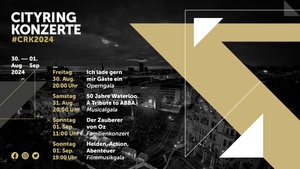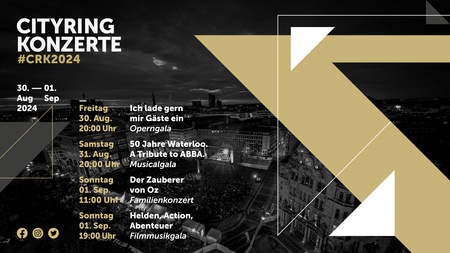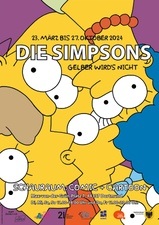In July 2024, it was half a century ago: the German national soccer team beat the Netherlands in the final of the World Cup on home soil to become world champions. The previously unbeaten "Dutch" were considered the favorites. The West German team had suffered a defeat on the way to the final - against the team from the other German state, the GDR, of all places.
For the first time, the story of the 1974 World Cup can be told from a "360 degree perspective" - with the highlight of the West German World Cup win. Footage not previously broadcast on German television shows the teams throughout the World Cup - including behind the scenes. After five decades, author Uli Weidenbach looks back on a gripping competition between soccer nations that fought fierce battles on and off the pitch - and not just in sporting terms.
It was an era full of political and social upheaval - in the relationship between the two German states, but also between the Germans and their neighbors. A time when professional footballers in the West became superstars and top earners. In the staid atmosphere of the Malente Sports School, a scandal threatened before the DFB finally reached an agreement with the team led by captain Franz Beckenbauer on bonus payments in the high five-figure range - a small fortune at the time. In the Netherlands, too, the real or supposed escapades of the footballers dominated the tabloids. "Cruyff, champagne, naked girls and a cool bath" was the headline in one newspaper.
The "state amateurs" from the GDR triumphed in the first and only German-German fraternal duel, which was quickly stylized by both sides as a "battle of the systems". Nevertheless, the final between the two tournament favorites, the neighborly duel between Germany and the Netherlands, finally took place in Munich. This was no ordinary match either: the long shadows of the Second World War and the German occupation were still lingering on the other side of the Rhine. The defeat of the Dutch became the starting point for a rivalry that still exists today. The German-German "class struggle" ended in 1990 with reunification. After a long odyssey, Jürgen Sparwasser's jersey, which he had secretly swapped with Munich defender Paul Breitner, now hangs in the Haus der Geschichte in Bonn - as a German-German symbol.
The screening will be followed by a discussion with filmmaker Uli Weidenbach and TV reporter legend Béla Réthy.
Please register in advance at spielraeume@fussballmuseum.de.













